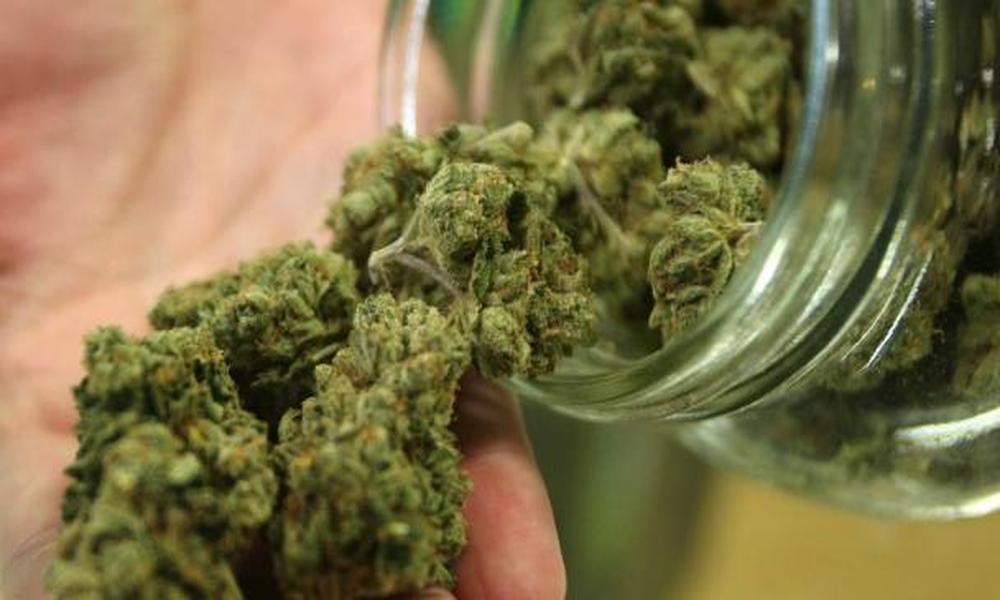What Distinguishes Delta-8 from Delta-9 THC?
Marijuana shops provide a large selection of the compound delta-9 goods in locations in which marijuana usage for recreational or medicinal purposes is permitted. A comparatively weaker marijuana molecule with properties akin to those of delta-9 THC, delta-8 tetrahydrocannabinol, or delta-8 THC, which is legal in some jurisdictions. The marijuana indica plants which generate over 100 cannabis-derived compounds or active ingredients are the source of delta 9 vs delta 8 THC. Though the plant has high levels of delta-9 THC in it, it has extremely low levels of delta-8 THC which is a minor cannabinoid. Delta-8 and delta-9 THC have the potential to cause few effects according to quality, amount and other circumstances. Despite similarities between them, delta-8 and delta-9 THC differ significantly in ways that you should be delta-8 and delta-9 differ significantly in ways that you should be aware of before using either drug.
It Has a Few Benefits of Medicines
Delta 8 THC products and Delta 9 THC products are available online and are increasingly becoming popular these days. Not only is delta9 THC utilised recreationally, but it is also included in several medical cannabis programs due to its wide variety of medical purposes. Let us look at a few of the many benefits that they offer to the users.
Pain Reduction: Delta9 THC is frequently used to treat chronic pain, particularly in diseases like fibromyalgia, arthritis and pain from cancer.
Food Stimulation: One of the main therapeutic benefits of Delta9 is its capacity to increase appetite which makes it very helpful for patients receiving chemotherapy or suffering from diseases like HIV/AIDS.
Relieving from Nausea and Vomiting: Delta9 THC has been prescribed in some ways due to its importance in addressing nausea and vomiting, especially in patients receiving chemotherapy
Behavioural Health and Emotion Regulation: research indicates that Delta9 may be able to lessen PTSD, anxiety, and depressive symptoms. When it is applied at regulated dosages. Higher dosages, particularly in the case of novice users, might occasionally make anxiety worse, somehow.
Endocannabinoid Network Connection
An important physiological mechanism is that the endocannabinoid system regulates added mood, pain perception, hunger and memory. The cerebral cortex and the nervous system in general are home to CB1 receptors, which are mostly responsible for delta9 THC effects on the ECS. The realisation of neurotransmitters is modulated when delta 9 and the THC both mix to those receptors affecting the mental motor and emotional process.




